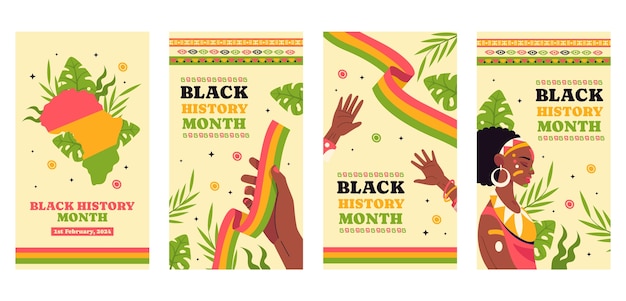Jamaican Culture – Interesting Facts to Know

Jamaica is known for its vibrant and colorful culture.
Reggae music is an integral part of Jamaican culture.
Jamaican cuisine is a fusion of various influences, including African, Indian and European flavors.
Ganja (marijuana) is considered a part of Jamaican culture and Rastafarian religion.
The Jamaican flag is black, green, and gold, representing the hardships, hope, and wealth of the nation.
Negril, Jamaica, is famous for its breathtaking sunsets and beautiful beaches.
Jamaicans take pride in their national motto Out of many, one people.
Jamaican people are known for their warmth, friendliness, and hospitality.
The Jamaican dance style, known as reggae dance, is a blend of African and Caribbean movements.
Jamaican patois is a distinct dialect spoken by Jamaicans, which combines English with African and Spanish influences.
Jamaicans love to showcase their talent through various art forms such as painting, poetry, and sculpture.
Jamaica is home to the Blue Mountains, known for their famous coffee.
Jamaican athletes, such as Usain Bolt, have achieved great success on the international stage, making the nation proud.
The Rastafarian movement, with its roots in Jamaica, is known for its emphasis on spirituality, organic living, and social justice.
Jamaican folklore is rich with stories of mythical creatures like the duppy and rolling calf.
The annual Carnival celebration in Jamaica showcases the vibrant costumes, music, and dancing of the Caribbean.
Jamaican Culture – Interesting Facts to Know part 2
Jamaicans celebrate their independence day on August 6th, marking the day they gained independence from the United Kingdom.
Traditional Jamaican clothing includes colorful dresses for women and vibrant shirts paired with loose-fitting pants for men.
Jamaican patois includes unique phrases and expressions, such as irie (meaning good or alright) and no problem (signifying a relaxed attitude).
Jamaican culture is heavily influenced by African traditions, brought over by enslaved Africans during the colonial era.
The famous tourist attraction Dunn’s River Falls is a natural waterfall in Jamaica that visitors can climb.
Jamaicans excel in various sports such as cricket, netball, and track and field.
Dancehall music, a popular genre in Jamaica, is known for its energetic beats and explicit lyrical content.
Jamaica has a strong literary tradition with celebrated authors like Marlon James and Louise Bennett Coverley.
Jamaican art is characterized by vibrant colors, intricate patterns, and depictions of everyday life.
Lignum vitae, a rare and exceptionally dense wood, is the national tree of Jamaica.
The Jamaican Bobsled team gained international attention and inspired the movie Cool Runnings.
Jamaican weddings are often extravagant and festive events, filled with music, dancing, and delicious food.
Jerk seasoning is a signature flavor in Jamaican cuisine, known for its spicy and smoky taste.
The national dish of Jamaica is ackee and saltfish, made with the ackee fruit and salted codfish.
Jamaica has a strong tradition of storytelling, with oral histories being passed down through generations.
The Jamaican Sunday tradition involves gathering with family and friends for a big meal and socializing.
A symbol of Jamaican culture is the nyabinghi drumming, a spiritual drumming tradition of the Rastafarian community.
Jamaican black castor oil is a popular natural remedy known for its hair and skin benefits.
The Jamaican language, patois, has influenced popular music genres such as reggae, dancehall, and ska.
Jamaican cricket team has won the ICC World Cup twice, in 1975 and 1979.
Jamaicans have a strong connection to nature and traditional healing practices, utilizing herbs and plants for various ailments.
Jamaican culture places a strong emphasis on family and community, with extended family members often living together.
Jamaican music festivals, such as Reggae Sumfest, attract visitors from all over the world who come to enjoy live performances by renowned artists.
Jamaican culture values resilience and the ability to overcome challenges, often expressed through the saying, wi likkle but wi tallawah, meaning we might be small, but we are mighty.
The Jamaican island of Port Antonio is known for its stunning landscapes and the famous Blue Lagoon.
Jamaican culture has a deep reverence for elders, who are highly respected and play an important role in the community.
Jamaican cuisine includes popular dishes like oxtail stew, curried goat, and festival (a sweet fried bread).
Rasta colors, including red, green, and gold, are often seen in Jamaican art, clothing, and decorations, symbolizing the Rastafarian movement.
Jamaican culture promotes a laid-back and carefree lifestyle, often summed up with the phrase no worries, man.

